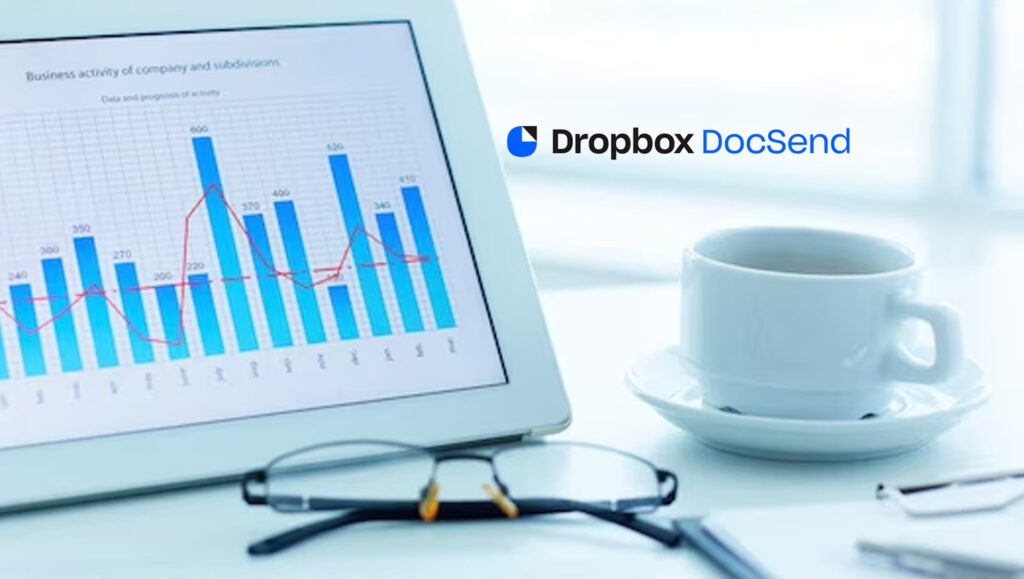Female and minority founders experienced fewer investor meetings and increased startup scrutiny in 2022, as 2021 optimism fades
DocSend, a secure document-sharing platform and Dropbox company, released a report showing funding opportunities for minority and all-female teams in 2022 were disproportionately challenging compared to all-male and/or all-white founder teams. That data indicates although historically underrepresented startup teams saw improved investor engagement in 2021, they did not see the same progress carry over in 2022. In tighter economic conditions, all-female teams with no minorities had the most meetings in the least amount of time, raising less money – with 17% more investor meetings and 48% drop in the amount raised.
The fourth annual Funding Divide report shows VCs gave fewer dollars and inconsistent attentiveness to all female teams and female teams with minority members in 2022, following a year of positive momentum for underrepresented founders. All teams saw a steep decline in VC spending, but the cutback inconsistently affected the amount of time women and minority groups spent fundraising, as well as the number of meetings held and funding dollar amounts.
New data shows that all-female teams with minority members were the only demographic not to exceed $1M per raise. Founding teams of mixed-gender and racial diversity raised 33% less money on average in 2022 than mixed-gendered all-white teams, returning to data figures similar to 2020. Previous DocSend data indicates an increase in funds devoted to underrepresented founders in 2021, following 2020 United States activist movements and a greater attentiveness to economic inequalities when reports show a 7,000% increase in donations to black-owned businesses.
“With economic headwinds causing an overall decline in VC spending, we saw the pendulum effect of VC behavior reverting back to data points we saw in 2020,” shared Justin Izzo, senior data and trends analyst. “Although there is dry powder to be spent, deal-making is met with caution in the current economy with VCs less likely to spend money outside of their comfort zone. Although all founders suffered in opportunity, all-female teams and teams with minority members received disproportionately more scrutiny but disproportionately less funding.”
Read More: SalesTechStar Interview with Nick Mangiapane, CMO and Head of Partnerships at Commerce Signals
VCs deck scrutiny reveals contrasting bottom lines
Investor pitch deck slide-by-slide scrutiny varies greatly amongst teams of different demographics. In 2022, VCs spent 125% more time analyzing the team section for all-female teams, whereas they spent the least amount of time on the team slide for all-male founding groups.
The business model and market size slides had large discrepancies for both gender and race. Investors spent the most time scrutinizing the business model sections for all-female teams, averaging 45% more time on this section than for all-male teams. Investors spent 67% more time on the market size slides for teams with minority members compared to all-white teams.
“By spending more time analyzing a team’s business model, market or team structure, the investors are trying to learn more about an area they know less about or are most skeptical of ahead of funding decisions,” shared Iynna Halilou, early-stage investing associate at Moxxie Ventures. “When investors spend more time scrutinizing these sections it shows that many funding teams lack knowledge of diverse markets and may be less inclined to fully trust teams with diverse members.”
Read More: 8 Retail Innovation Trends Explored at the – Retail Technology Show 2023
Competitive fundraising landscape for minority women
Key findings from investor diligence on early-stage founder teams include:
- Teams of all females with minorities saw a 50% decline in meetings held year-over-year in 2022
- Minority teams with mixed gender makeup had the longest time spent in funding rounds, averaging 4 weeks longer than in 2021
- Mixed-gendered minority teams spent the most weeks fundraising, averaging 20 weeks to meet fundraising goals
- Underrepresented founders saw the fewest dollars raised per meeting
- All-female teams raised the lowest average of dollars per meeting, receiving about $14,259 per meeting
- All-male teams averaged $25,000 per meeting
The report, The Funding Divide 2023, is the fourth annual analysis of how founder team demographics, like gender and race, can affect the productivity and success of their early-stage startup fundraising. DocSend gathered data by surveying over 200 startups at the pre-seed and seed stage and analyzed pitch decks slide-by-slide to understand how VCs scrutinized pitch decks across 2022. The team compositions covered in the analysis are:
- All-male, no minority
- All-female, no minority
- Mixed-gender, no minority
- All-male, has minority
- All-female, has minority
- Mixed-gender, no minority





















